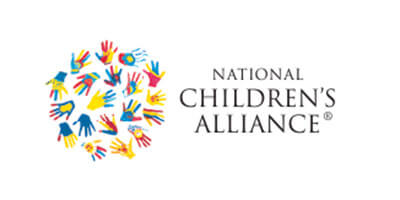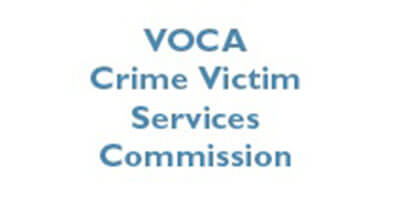The following post is written by one of our Criminal Justice interns, Holly, who has been interning with us since May. Holly attends Central Michigan University and is interested in pursuing a career in the Human Service Field.

While conducting research for this particular blog post, I came across a website called “Seize the Awkward”. As soon as I read those words, I knew that was the theme this post needed to portray. So often, mental illness is looked at as an uncomfortable, taboo subject. It’s time to seize the stigma. Mental health is nonetheless real than the flu, or more serious diseases like cancer. Mental illness is horrid because it effects all aspects of the person’s life—how they feel, how they think, how they act, how they take care of themselves—every little thing. Which makes sense, the brain is the single most ingenious part of the body, so it is imperative to keep it healthy.
A Few Types of Mental Illnesses:
-
Depression
-
Bipolar Disorder
-
Schizophrenia
-
Anxiety Neurosis
-
Obsessive Compulsive Disorder
Mental illness should not be awkward. Just as with a cold, telling your guardian or your doctor you don’t feel well can be the first step to recovery. Feelings like self-harm, consistently negative thoughts, retreating from social environments, and hopelessness can all be signs that a chemical imbalance may be present—and that is OKAY. Individuals suffering from mental illness still have valid opinions and feelings, but without positive encouragement from society, help seems much more taboo to retain.
As previously stated, reinforcing positive encouragement is imperative to help your struggling peers feel validated. Enforcing this behavior can be done by executing behaviors a friend would normally fulfill; simply asking the person if they’re alright or letting them know you’re available for a conversation if they ever need it. By following these few steps that may not even require you to go out of your way, you may have just helped another person feel more comfortable with who they are—which can have short-term and long-lasting effects. If an individual struggling with mental health issues suffers in silence and thus goes undiagnosed, bigger problems can be created. For instance, this person may turn to a life of crime, drugs/alcohol or suicide for “answers”. By being educated on the signs and establishing openness towards others in need, you can help prevent life-threatening situations.
For more information, visit: seizetheawkward.org
Local resources:
o Lapeer County Community Mental Health Center— (81O) 667-O5OO
o www.suicidepreventionlifeline.org / (8OO) 273-TALK (8255)
o National Suicide Prevention Hotline—(8OO) SUICIDE (784-2433)








